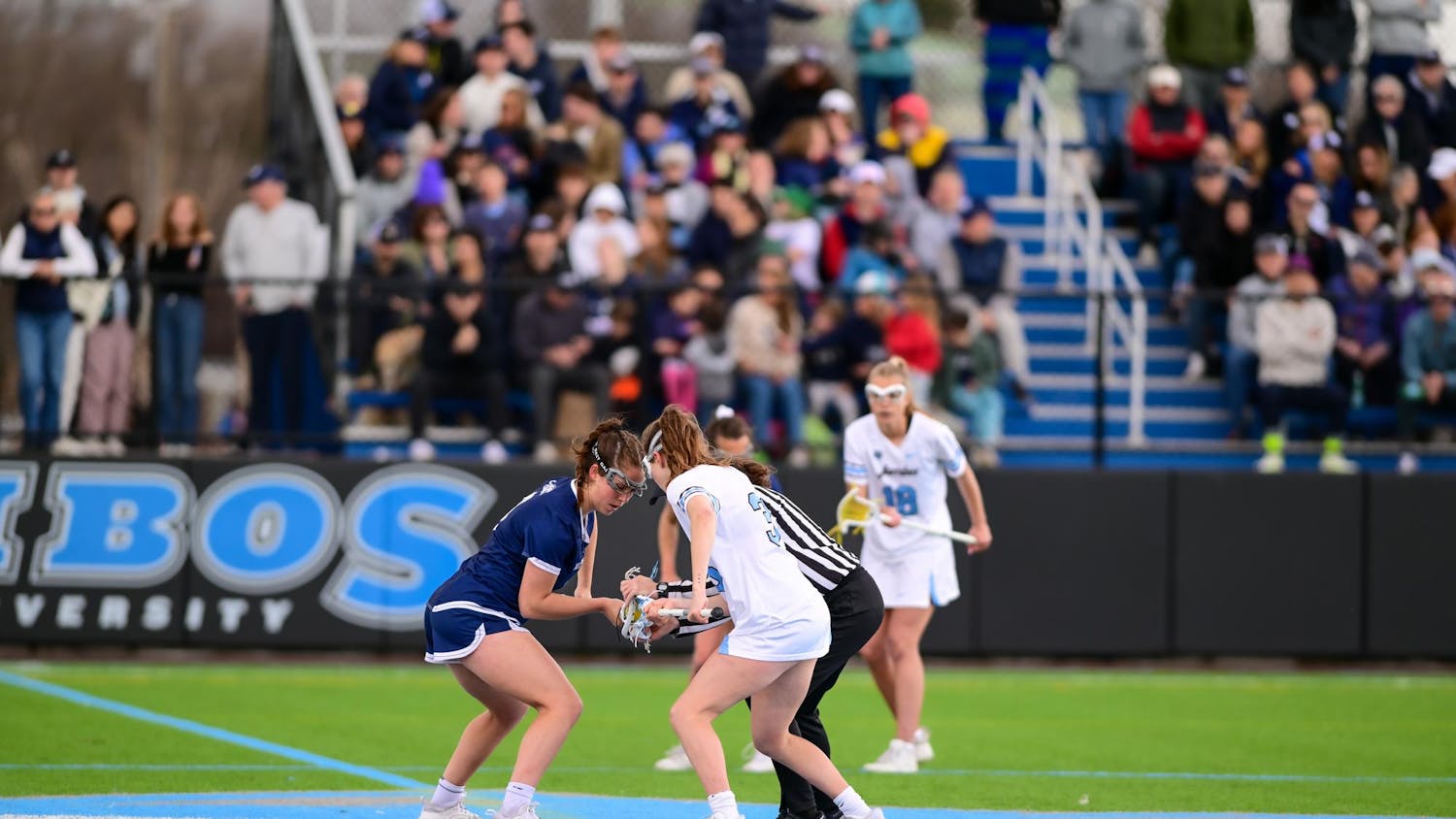Dinesh Patel was a couple miles per hour away from winning a million dollars. How did he do it?
He won the genetic lottery and is hence more physically gifted than 99.9 percent of the world's population.
He's lucky.
What a player!
It is written.
Dinesh Patel and Rinku Singh are the obvious sports equivalents to "Slumdog Millionaire's" (2008) Jamal Malik. Patel, whose name is strikingly similar to lead actor Dev Patel from the Oscar-winning picture, won $2,500 for throwing a leather ball with seams foreign to his accustomed cricket ball's 85-plus miles per hour. The grand winner on an Indian game show called "The Million Dollar Arm" was Singh, whose name unfortunately does not resemble Maggie Fitzgerald, nicknamed Mo Kushla — Hilary Swank's character in Oscar winner "Million Dollar Baby" (2004). (Come to think of it, another Mo would make for a good Slumdog Millionaire/Million Dollar Baby choice. Mariano "Mo" Rivera grew up in Panama and used milk cartons for gloves and tree branches for bats. After working from age 16 through 19 on commercial fishing boats, one of which capsized as he was on board, Mo was signed by a scout for $3,000. Now he's making $15 million per year because he throws the best pitch in the history of baseball — a 92- to 94-mile per hour cutter that moves more than most sliders. But I digress.)
Patel, 20, and Singh, 19, beat over 25,000 contestants in the game show, winning cash and a free trip to the United States. After six months of training, they tried out for 28 major league baseball teams and were signed by the Pittsburgh Pirates, becoming the first two professional baseball players from India. Pirates general manager Neil Huntington made the move largely as a publicity stunt. But Huntington is also one of the more progressive GMs in the game and, in his second year heading the Pirates, is changing the culture in Pittsburgh.
Back to the streets of Mumbai. Singh grew up in a one-room house with eight other siblings. His family's income was $25 a week. Patel's story is similar. Both grew up playing cricket, the national sport of India. (Wait, field hockey is listed as the actual national sport of India? How does that happen? In India, cricket's like a million times more popular than field hockey.) Singh was also a javelin thrower.
Anyhow, they were cricket bowlers growing up. Bowling, as they learned it, requires a motion that is different from baseball pitching in that it is physically impossible. Before 2005, cricket rules mandated that the elbow joint not straighten out during the bowling action. Then it was proven biomechanically impossible not to hyperextend the joint. The fastest bowled ball has reached just over 100 miles per hour, only slightly slower than Joel Zumaya's heater (104). So apparently, bowling transfers quite well to pitching. (Though not as well as tennis serving, I would think. I'm sure most tennis players could clock 85 easy throwing a fastball, as the mechanics between the two are similar.)
So will winning "The Million Dollar Arm" and getting a trip out of the slums be their happy ending? Would it be a better finish if they took some steroids, made the Pirates, signed Scott Boras and then rejected $25 million contract offers? Or would it be better if they went back to India and were heroes in their home country? But seriously, Jamal should have lost the million. He had already found Latika, so they would have had that whole "all you need is love"-type thing going, which would be nice. Instead, he wins 20 million rupees and blows his wad hiring about 100 professional dancers and a choreographer, training himself and Latika to dance and then renting out a huge train station to perform in.
Oh, right. I forgot. So how did our millionaire cricketers do it? Well, answers A (genes) and B (luck) are reasonable. While perseverance is important in becoming a professional athlete, the most important thing one can do is be lucky. As Malcolm Gladwell's "Outliers" (2008) demonstrated, circumstances such as month of birth are critical to success. And the best advice I was ever given for improving my athletic skills was to change my parents. Genes are everything. But that's a boring answer. Yet I don't really believe in D, destiny, either, so I'll go with:
C. What a player! Gotta love Anil Kapoor.
--
Jeremy Greenhouse is a sophomore who has not yet declared a major. He can be reached at Jeremy.Greenhouse@tufts.edu.





